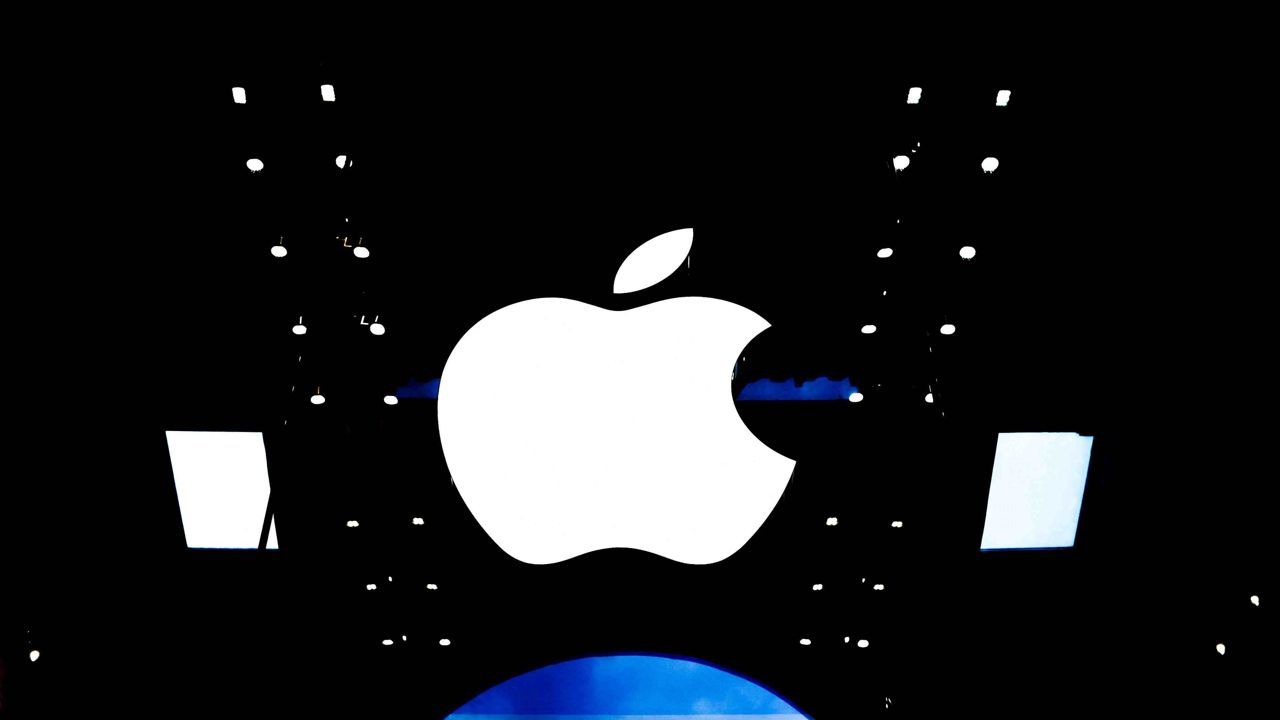Apple's iOS app policy changes
Apple's app policy changes, addressing sideloading and EU regulations, signal notable transformation in the iOS ecosystem

Apple's recent adjustments to its app policy, particularly regarding sideloading and compliance with EU legislation, mark a significant shift in the iOS ecosystem.
While Android users have long enjoyed the freedom to sideload apps, iOS users have faced considerable limitations.
In response to the EU's Digital Markets Act, Apple introduced the Web Distribution program, which allows developers to offer apps directly on their websites.
This move mirrors the sideloading option available on Android devices, offering iOS users more flexibility in app choices.
However, Apple's new policy comes with strict regulations. Developers must enroll in the Apple Developer Program and adhere to guidelines regarding data usage and governmental compliance.
Additionally, app downloads are restricted to domains registered within App Store Connect, limiting access to third-party websites.
Notably, iOS users in the EU will experience these changes after updating to iOS 17.4, which also introduces a Notarization process to enhance security by screening apps before installation.
Apple's emphasis on security measures like Notarization and future malware protection initiatives underscores its commitment to safeguarding iOS device users.
These developments signal a paradigm shift in Apple's app distribution and security approach, aligning with regulatory requirements while balancing user choice and platform integrity.
As the iOS ecosystem evolves, stakeholders will closely monitor the implications of these changes on developers, users, and the broader tech industry landscape.
Source: Newsroom









